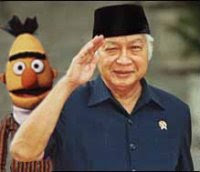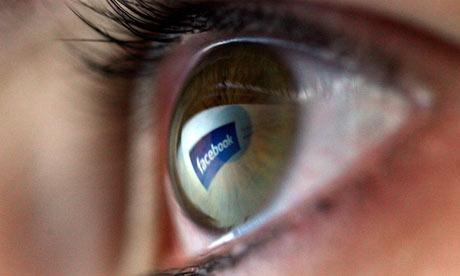
The social networking site Facebook has been in the news a lot recently. This is mostly due to privacy issues regarding the data of hundreds of millions of users. But other, more socio-psychological, issues have been raised as well. In a recent article in the Guardian, a leading neuroscientist claimed that Facebook risked infantilizing the 21st-century mind, leaving it “characterized by short attention spans, sensationalism, inability to empathize and a shaky sense of identity.”
The fast action and reaction times of our Internet matrix desiring machines are making cyberspace junkies of us all. Perhaps our central nervous systems are being accelerated up to speed before we all upload our minds into a future computational “singularity,” as it has been dubbed by techno-seers, such as Ray Kurzweil.
.jpg)
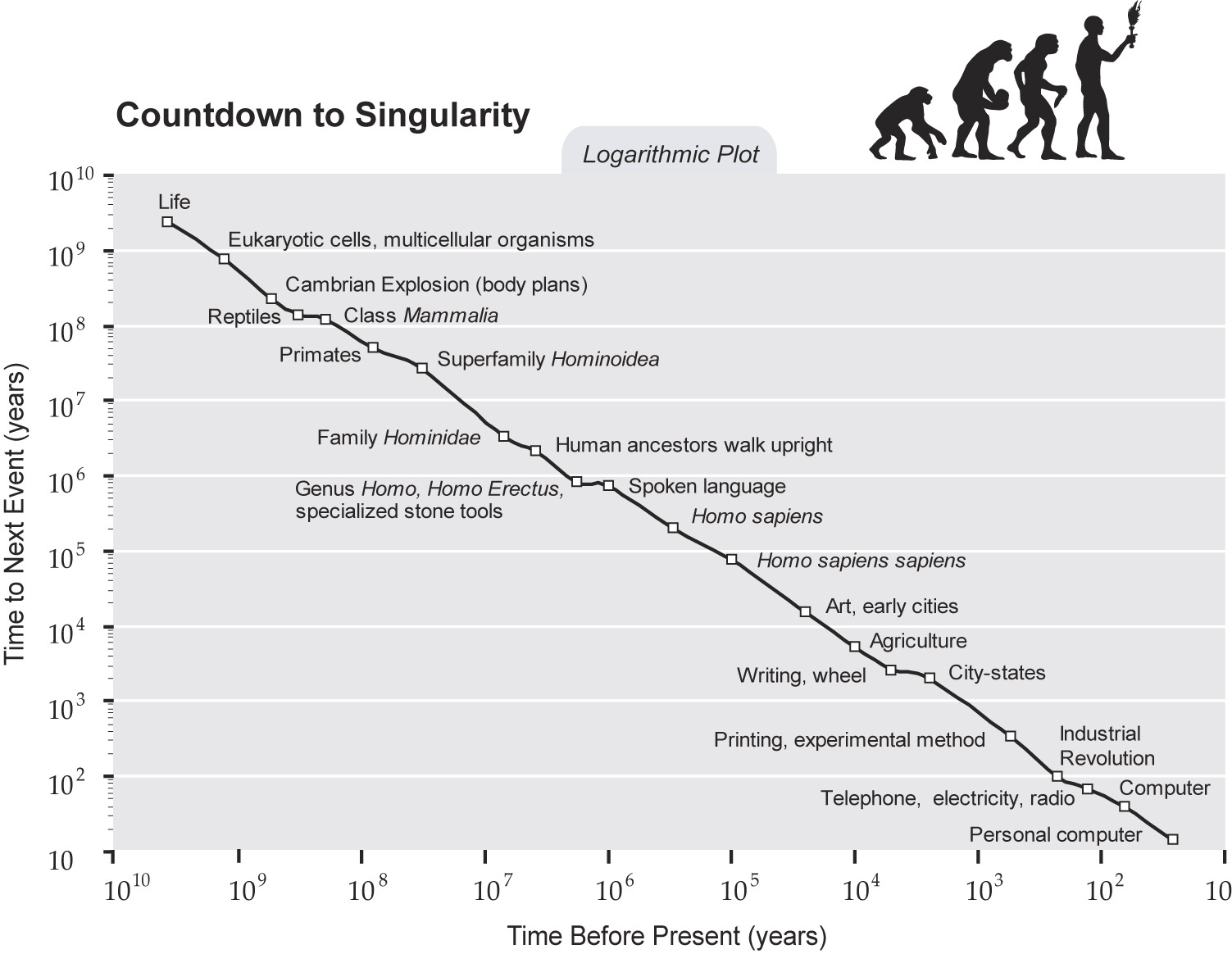
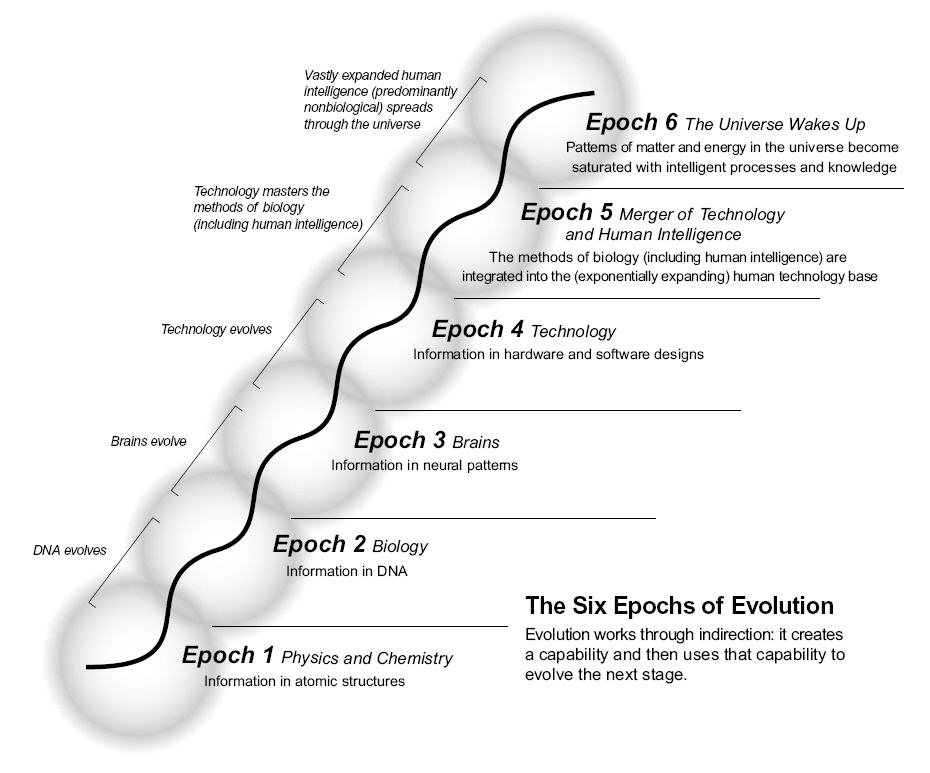
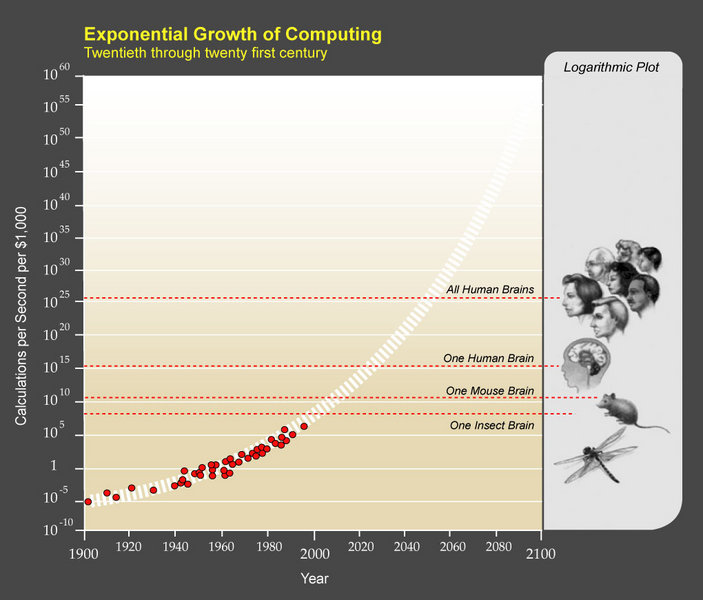

All I know for sure is that we seem to be nearing some kind of tipping point after which we will be found spending more time communicating with people online than we do in the flesh. Sometimes, when I see a group of Jakarta teenagers sitting around a table in a cafe, frantically pushing buttons, absorbed in their own screen worlds as opposed to talking to each other, I think that this threshold has already been exceeded. The now ubiquitous “crackberry” has hugely exacerbated this.
Indonesians are sociable to a tee of course, and Facebook seems well suited to this society. In fact, this country represents Asia’s fastest growing pool of Facebook users, with a growth rate of a whopping 645 percent in the last year. My office has just blocked the site from its servers, and with good reason. The growth rate that I just mentioned is probably inversely proportional to productivity in the workplace.
While we’re on the subject though, let’s quickly map out some of the virtual topography of the land of Facebook.
Friend Requests: I always knew that my unusual name would come in handy one day and, accordingly, old school friends have been able to track me down much more easily than I have them. It is truly amazing though that old school chums that you would have never seen again for the rest of your life can now be found, contacted and then forgotten about all over again. Sociologists tell us that we can only maintain adequate relationships with around a hundred people, however some Facebook addicts have well over a thousand people on their lists.
Status Updates: This is the little box that says “Simon is…?” followed by a handy blank line for one to fill in with some kind of vapid summation of one’s current activities. I rather think though that “Simon isn’t…?” would be nearer the mark, as in, “Simon isn’t hiking up Mount Merapi, learning the clarinet or whispering sweet nothings into the ear of a topless Balinese maiden because he’s frittering his life away in front of his computer.”
Groups: People seem all too willing to convene these wacky collectives but then precious little seems to happen afterwards. Certainly not much activism or social capital seems to be generated. In fact, I take the Guardian’s point about the infantilization of the mind as there is a definite school playground feel to the comments that circulate through old FB; a feeling of arrested development and of brain cells popping by the dozen.
Profiles: What with the whole world gleefully punching every scintilla of their personal data into Facebook, there is probably little need for the Orwellian government profiling and databases that are currently being compiled in the spurious name of national security by developed nations. Last week, a huge demonstration in London was held to protest against the Gestapo Big Brother toilet that British civil liberties are currently being flushed down by its government. Perhaps though, it is inevitable that our new electronic “Utopia” will head in a direction of greater social transparency. Mind you, perhaps all is cultural. We Westerners are used to a bit of privacy, but here people simply accept that every Tom, Dick and Bambang in their kampong knows their most intimate business.
Photo Tagging: What really seems to concern Facebook users at the moment is the prospect of being tagged in an uncompromising photo by the swine that they choose to call their friends. Barack Obama’s speechwriter, the youthful Jon Favreau, was recently busted tweaking the nipple of a cardboard cutout of Hillary Clinton. (Mind you, it could have been the real HC. It’s hard to tell the difference.) Closer to home, a friend of mine was recently worried that his girlfriend would be browsing Facebook and chance upon a photo of her drunken beau in a similar situation to Favreau in a Jakarta bar. In this case, however, the victim was undeniably three dimensional. Facebook — destroying relationships since 2003.

Friendster still remains the number-one choice for Indonesian Web surfers, over 60 percent of whom have Friendster accounts. Facebook, with its superior user interface, is coming up fast on the rails however. Expect to be “poked” by your local cleric soon.

